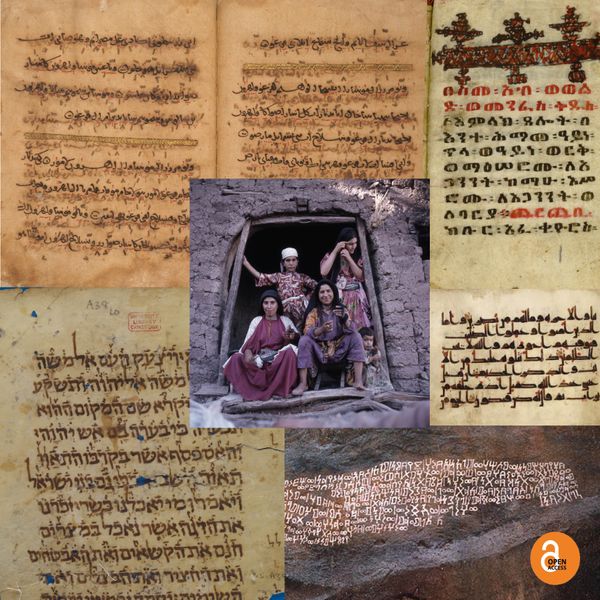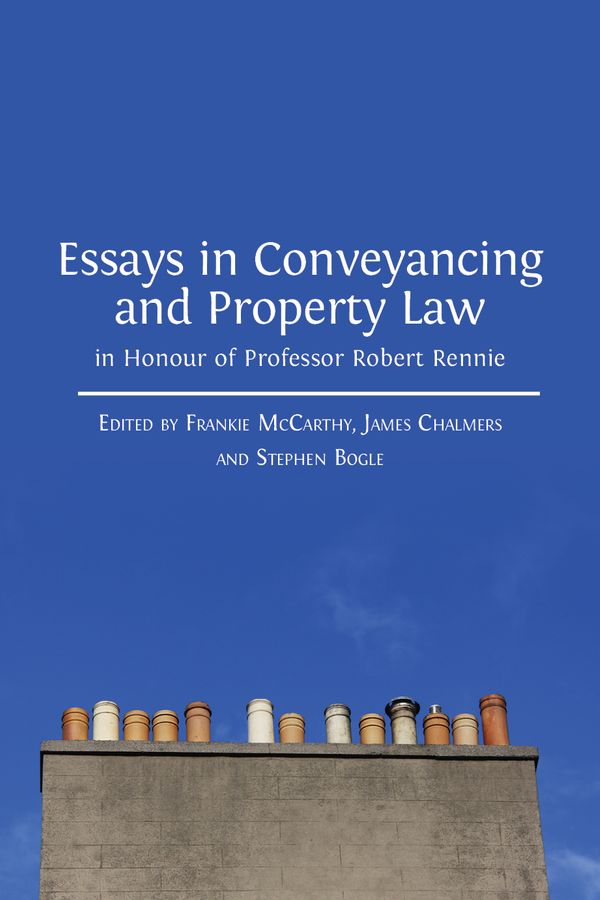From Darkness to Light: Writers in Museums 1798-1898
By Rosella Mamoli Zorzi
From Darkness to Light, Writers in Museums 1798-1898 (2019) presents essays that explore, for the first time, the reaction of writers and artists to museums and galleries that were not yet lit by electric light.
It is well-known that most visitors in the Venice Scuola Grande di San Rocco – including John Ruskin and, later, Henry James – complained because there was not enough light for them to see the great Tintoretto teleri. But is darkness a way to allow a special reading of paintings? Is the LED-bright lighting, which we find in most museums and galleries today, the way in which painters wanted their works to be seen? Why did museums not use gaslight, as was done in theatres and in the streets? Why did museums use electric light much later than homes, not until well into the 1920s and 1930s?
This volume aims to explain the answers to these and many more questions, through the contributions of writers, scholars, and artists. One of the great experts on artificial light, David E. Nye, describes the time it takes before discoveries in electric lighting are actually part of everyday life; the great Italan writer, Melania G. Mazzucco, analyzes the inner or transcendental light of Tintoretto’s work; Burton K. Kummerow shows how gaslight was used in the Peale Museum in the USA, much earlier than in the Victoria and Albert Museum, which claimed to be the first to have used it. Cristina Acidini discusses the excess of light in the Florence Uffizi, a situation that was quite different from most museums and presented a whole new set of challenges.
Read this book – freely available to read and download online – and you’ll find these and many other responses to the gradual introduction of electric light in museums and galleries.
From Darkness to Light, Writers in Museums 1798-1898 (2019) edited by Rosella Mamoli Zorzi and Katherine Manthorne, is an Open Access book.



